This book challenges centuries- old description of us and of our religion as “Hindu”. Our Aryan ancestors living on both sides of the river Indus came to acquire this description at the hands of the Persian invaders and conquerors of the North-West India in 519 BC. By that time we were already known as the followers of the Brahmana, Arya or Bharatiya Dharma-an identity born out of our orally composed religious scriptures consisting of the four Vedas, Brahmanas, Aranyaks and Upanishads by our sages. As a reaction to the Persian occupation of the North-West India, the sages now began to put our religious scriptures into Sutras from 400 BC onwards to save our religion from oblivion. The themes of these Sutras based on our religious scriptures composed earlier as well as the later commentaries written on them by our sages do not have either any relevance or reference to the term “Hindu”. In the North- West India, the “Hindu” term was obliterated by the Greek who replaced the Persians in 326 BC and soon came to be completely forgotten in the succeeding centuries under the domination of the imperial powers like the Mauryas, the Guptas and the Maukharis till it came to be revived in the middle ages from 1206 on wards by the Muslim invaders and conquerors in the process of the Persianisation of their extensive empire from Kashmir to Kanyakumarika and from Bengal to Gujarat. The British who replaced the Muslim rulers fully by 1857 saw in continuing the use of the term with a religious connotation an instrument of an administrative expediency and our political leaders after independence have also accepted the term,”Hindu”, along with the British legacies of ideas and institutions, as a mark of our national and religious identity. And so our “Dharma” continues to be known by a term embossed on us by a pre-Islamic Persia , which has nothing to do with our religion and religious scriptures, and thereby, keeps us in a perpetualstate of loss of our religious identity.
Essays on Modern India
$19.80
$22.00

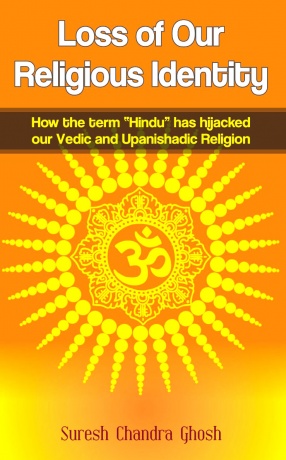
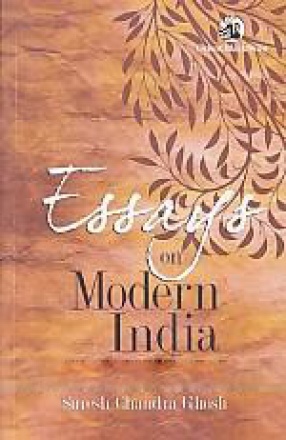
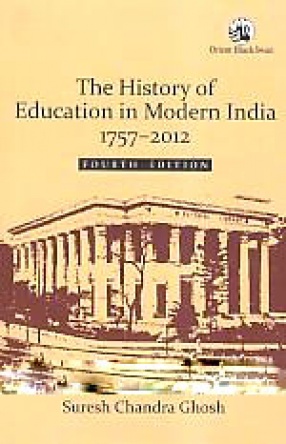
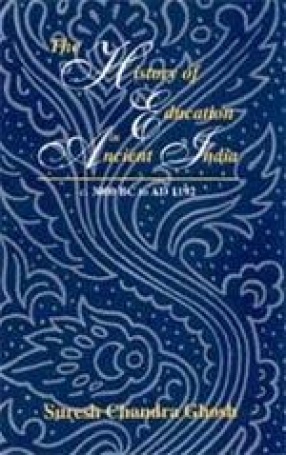
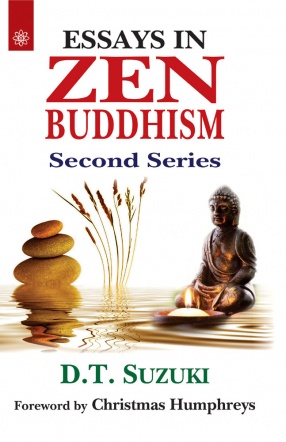
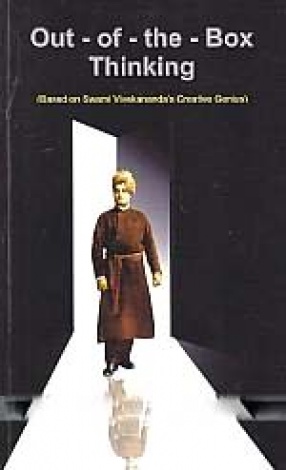
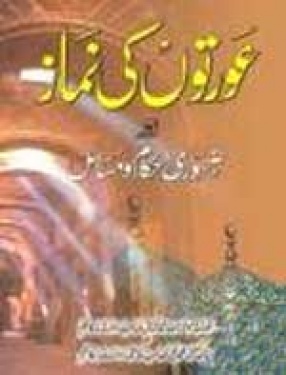
There are no reviews yet.